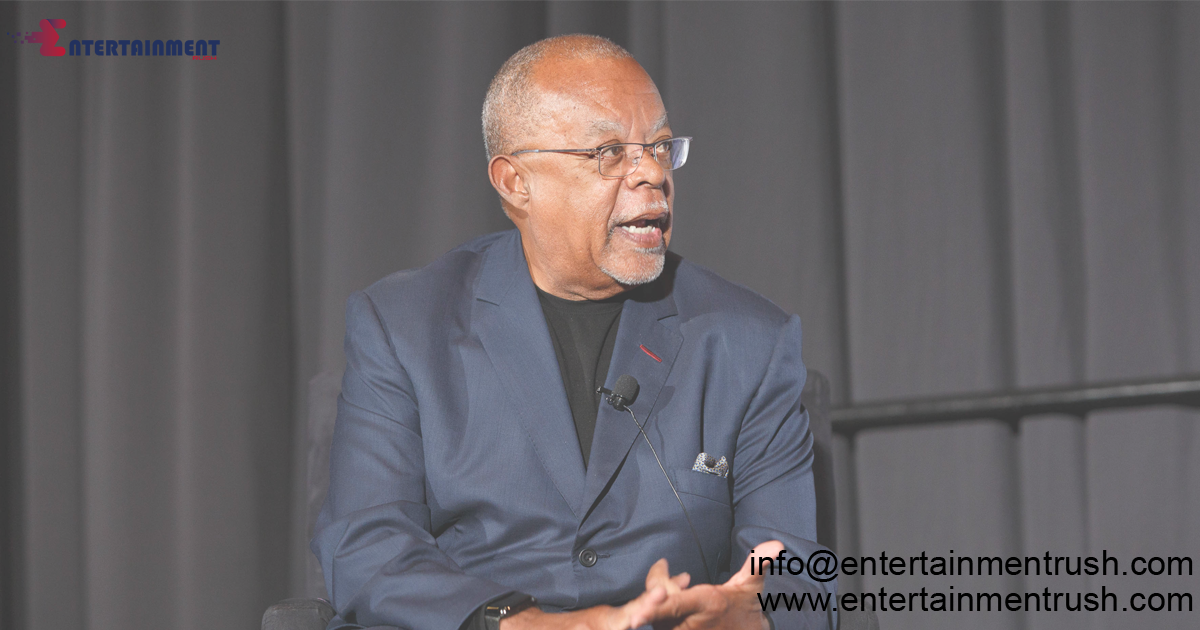Henry Louis Gates Jr., renowned scholar, writer, and cultural critic, embarked on a profound journey of self-discovery through genealogy, unearthing a surprising revelation about his own ancestry. Born on September 16, 1950, in Keyser, West Virginia, Gates has been a leading figure in African American studies, renowned for his extensive contributions to academia and his exploration of African American history and culture.
Early Life and Education
Gates grew up in a small, segregated town in West Virginia, where he encountered firsthand the injustices of racial discrimination. Despite the challenges, he pursued education fervently, earning his undergraduate degree from Yale University and later completing his Ph.D. in English Literature at the University of Cambridge.
Academic Career and Achievements
Gates’ academic career has been illustrious, marked by numerous accolades and achievements. He has held prestigious positions at leading universities, including Harvard University, where he currently serves as the Alphonse Fletcher University Professor and Director of the Hutchins Center for African and African American Research.
Genealogy and Ancestry Exploration
Driven by a curiosity about his own roots, Gates delved into the realm of genealogy, leveraging cutting-edge technology and historical records to trace his ancestry back through centuries of history. His journey led him to unexpected places, uncovering connections to prominent historical figures and shedding light on the complexities of the African American experience.
Surprising Discovery Unveiled
During his genealogical quest, Gates made a startling discovery that challenged his preconceptions about his heritage. Through DNA testing and meticulous research, he uncovered a direct ancestral link to a prominent European lineage, a revelation that reshaped his understanding of identity and belonging.
Impact of the Discovery
The revelation of Gates’ ancestral lineage sparked widespread interest and debate, provoking discussions about the fluidity of racial identity and the intricacies of genealogical research. It underscored the interconnectedness of human history and the complexity of individual identity, transcending conventional notions of race and ethnicity.
Reflections on Identity
Gates’ personal journey of discovery prompted profound reflections on the nature of identity and belonging. He grappled with questions of heritage and legacy, navigating the intersection of race, culture, and history in shaping individual identity. His experiences underscored the importance of embracing complexity and nuance in understanding the multifaceted nature of human identity.
Importance of Genealogical Research
Gates’ journey exemplifies the transformative power of genealogical research in illuminating hidden histories and fostering a deeper understanding of personal and collective identity. It highlights the value of preserving and documenting familial narratives, enriching our understanding of the past and informing our sense of self.
Challenges and Controversies
While Gates’ exploration of his ancestry has been met with acclaim, it has also sparked controversy and criticism. Some have questioned the validity of DNA testing as a means of determining ancestry, highlighting concerns about accuracy and ethical implications. Others have raised objections to the commodification of genealogical research and its potential to reinforce essentialist notions of identity.
Gate’s Contribution to African American Studies
Throughout his career, Gates has been a pioneering force in the field of African American studies, challenging conventional narratives and amplifying marginalized voices. His groundbreaking research and scholarship have reshaped the landscape of academia, paving the way for new avenues of inquiry and understanding.
Public Perception and Reception
Gates’ journey of self-discovery has captured the imagination of the public, resonating with audiences around the world. His willingness to confront difficult truths and explore the complexities of identity has earned him admiration and respect from scholars and laypersons alike, cementing his legacy as a trailblazer in the field of genealogy and African American studies.
Future Prospects and Projects
As Gates continues his exploration of identity and heritage, he remains committed to advancing the cause of social justice and promoting a more inclusive understanding of history. Through his writing, teaching, and advocacy, he seeks to inspire future generations to embrace the richness of their own stories and engage with the complexities of the past.
Conclusion: Gates’ Enduring Legacy
In conclusion, Henry Louis Gates Jr.’s journey of self-discovery exemplifies the transformative power of genealogical research in shaping our understanding of identity and history. His quest to uncover the truth about his own past has not only expanded our knowledge of the African American experience but also challenged us to rethink the ways in which we define ourselves and others. As we continue to grapple with questions of identity and belonging, Gates’ legacy serves as a beacon of hope and inspiration, reminding us of the importance of embracing our shared humanity.




Leave feedback about this